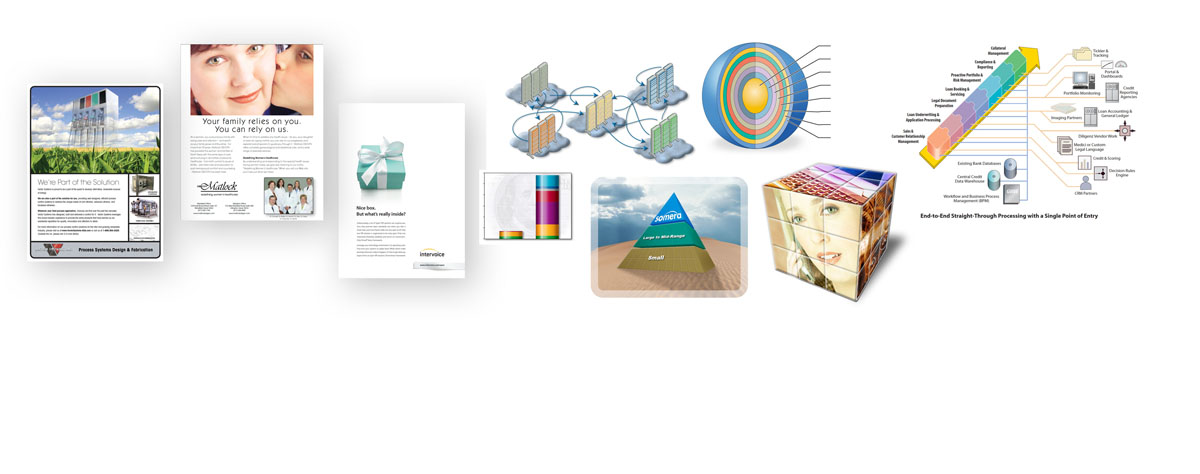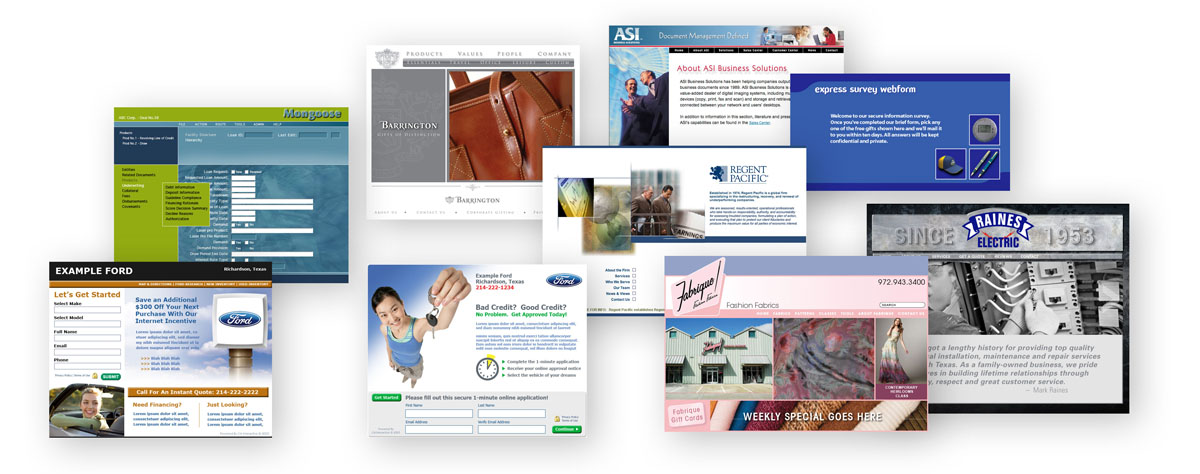Autism

Autism
In the mid-80’s, I worked as a volunteer in a church I was attending. During the Sunday School hour, while a host of talented and caring adults were working with those kids, my job was to be available to meet any special needs. Occasionally, a kid flew off the handle and totally disrupted a class to the point where I had the honor of reuniting them with their parents. The parents would either take their embarrassment out on the kid or me.
Then, there was Jimmy. Jimmy was ten years old. Jimmy was Autistic. I had never encountered anyone with Autism before and it was an educational experience. If your knowledge of Autism is limited to the movie, “Rainman”, you’ve only seen the high-functioning variety of Autism. Jimmy was terrified of strangers and almost completely without communication skills.
I never understood Jimmy’s criteria for assessing people, but his reactions varied from continuing with whatever routine he was engaged in, to shrinking into a corner, drawing his knees up to his chest and covering his face with his hands. Somehow, he instinctively knew who would pose a threat (either real or imagined) and who was benign.
We had a dedicated classroom for Jimmy, and a saintly older woman worked with him every week. One Sunday, “Mother Theresa” as I’d come to think of her, stepped out into the hallway and flagged me down. She was feeling ill and needed to leave immediately. I was in charge of Jimmy for the next 45 minutes. “He likes puppets” was her only advice as she dashed away.
When I entered the small room, Jimmy was contentedly scribbling in a coloring book. He was methodically working his way through the book, coloring one page at a time with a single color — a new color for each page but only one color per page. Jimmy looked up at me, made a guttural sound and went back to his task. At least he didn’t retreat to the corner in fear.
The current me would just sit back and bide my time until the parents showed up, but the younger me was determined to break through that wall of silence and communicate with Jimmy. I tried speaking to him in my kindest voice. Nothing. I tried singing a Rolling Stones tune to him (even though my wife still covers her ears whenever I attempt to sing). Nothing. I tried picking up a Crayola and joining in. Not a good idea. Absolutely nothing was working.
After several minutes of failure, boredom set in. That’s when I spotted Bert and Ernie lying on the floor with a host of sock puppets, rubber animal puppets, and even a lunch sack puppet. Bert went on my left hand, Ernie went on my right, and, in my best Bert and Ernie voices, they began engaging in a conversation about how boring and dull church was this week.
I was actually beginning to entertain myself and explore some new theological frontiers when out of nowhere, another strange voice entered the drama. Jimmy had picked up a sock puppet and joined the interaction with his best sock-monster voice. Bert, and Ernie, and Sock Monster engaged in a real back-and-forth conversation — not a deep conversation, mind you, but a conversation none-the-less.
I was imagining how I would write my Earth-shaking thesis about breaking the communication barrier of Autism using puppets, when Jimmy’s parents entered the room. Without hesitating, his mom picked up paper bag puppet and joined the act. I came so close to crying that I began to question my masculinity.
After a few minutes, paper bag puppet said, “Well, it’s time to go to lunch Jimmy,” and that was that. While dad walked Jimmy to the car, mom stayed behind to ask about the regular teacher and thank me for stepping in. She told me how Jimmy loved puppets and they were the only way he could overcome the emotional trauma of face-to-face communication. So much for my PhD in Psychology.
National Autism
It occurs to me that our entire culture has become like Jimmy. Instead of puppets, we hide behind social media accounts where we don’t have to reveal our true selves and where we can unfriend anyone who fails to meet our personal “safety” standard. Why have we become so insecure in our world-views that we cannot tolerate disagreement? Is our next move to shrink into the corners and cover our faces while shrieking like wounded animals. If you think that sounds absurd, just wait until November.
Let’s meet for coffee and enjoy a face-to-face discussion on a topic we disagree about, like politics, or religion, or climate change. It’s not a debate, and nobody wins. It’s just two people listening. I’ll even bring the puppets.
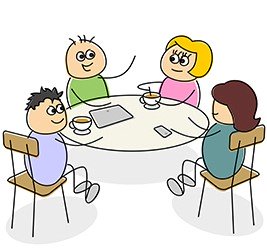 Let’s talk. I’d really like to hear what you have to say, and it might even give me something to write about. Email me at guy@lawsoncomm.com.
Let’s talk. I’d really like to hear what you have to say, and it might even give me something to write about. Email me at guy@lawsoncomm.com.
I’ll buy you coffee and we can compare notes. I promise not to steal your ideas without permission.
![]()
The most important thing in communication is hearing what isn’t said.
— Peter Drucker
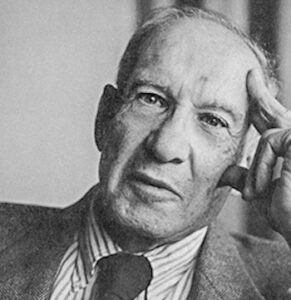

Did someone forward this newsletter to you after reading it themselves? Don’t settle for that!
CLICK HERE
to get a fresh, unused copy of this newsletter sent directly to you every Sunday morning. If you decide it stinks, you can always unsubscribe.
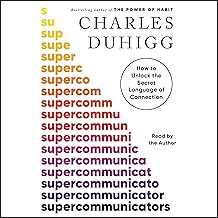
Supercommunicators
— Charles Duhigg
I just finished this excellent guide to improved communication. Duhigg uses a combination of interesting narratives and scientific surveys to illustrate methods for upping our communication game.
A meeting of great minds who think alike






